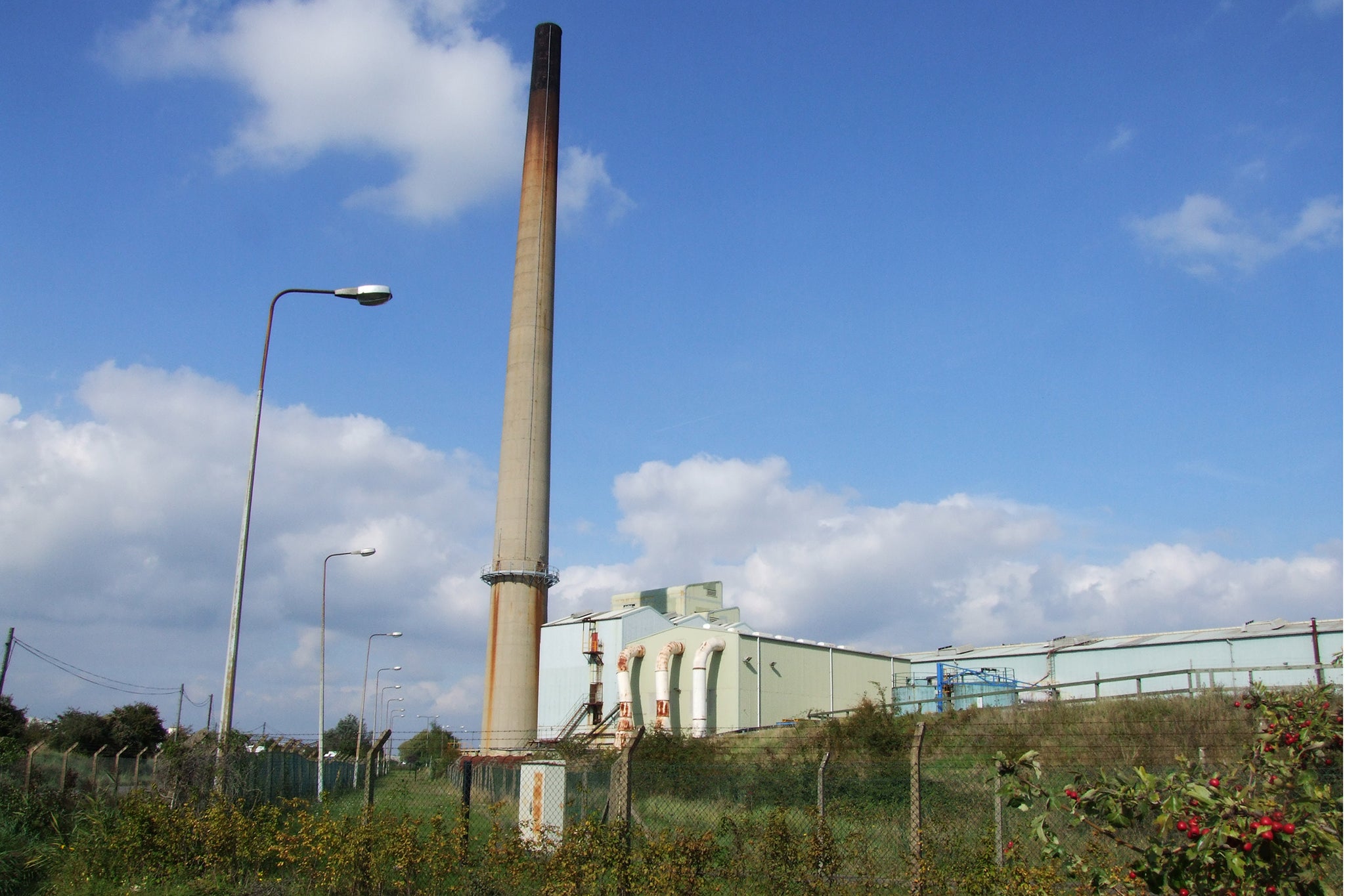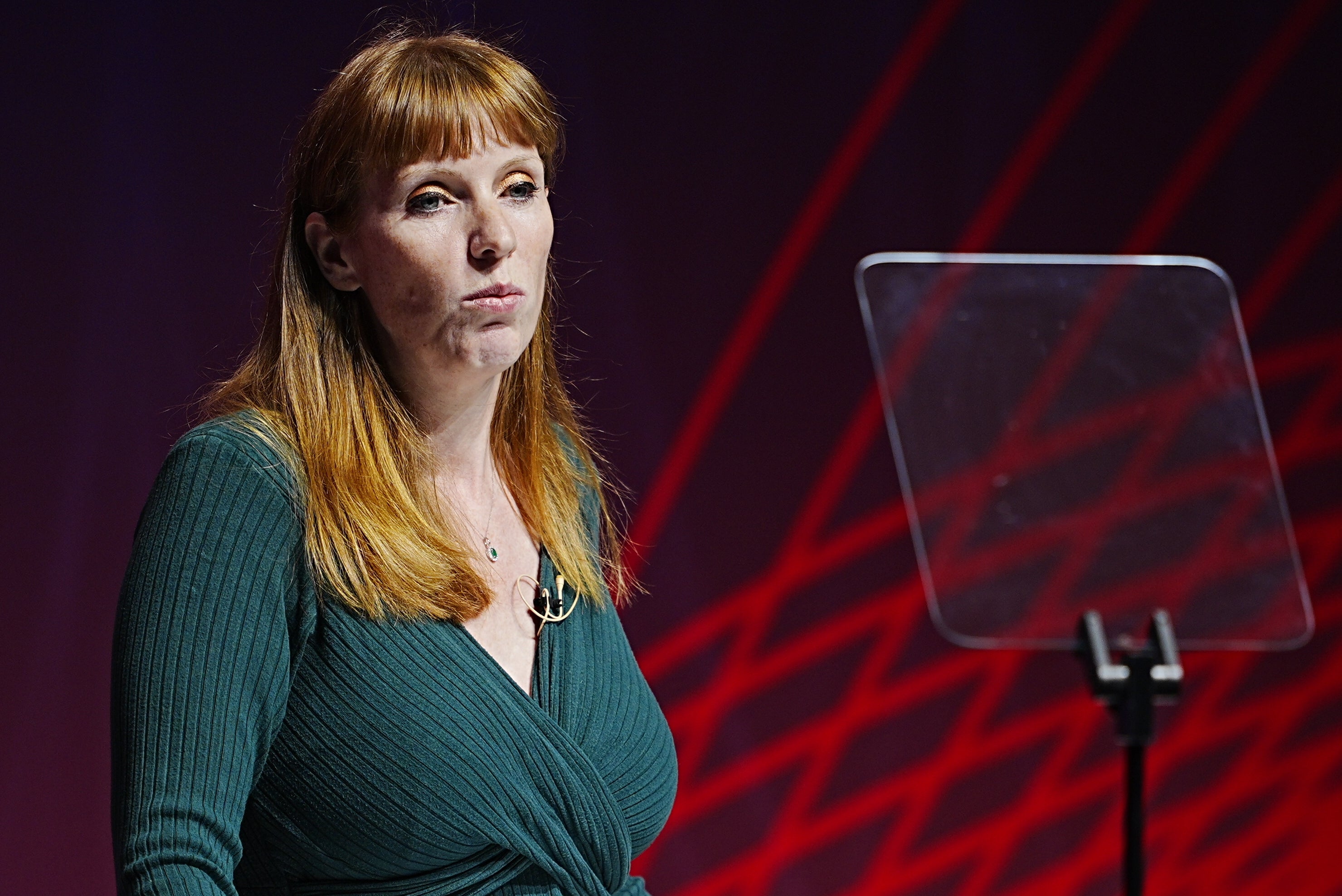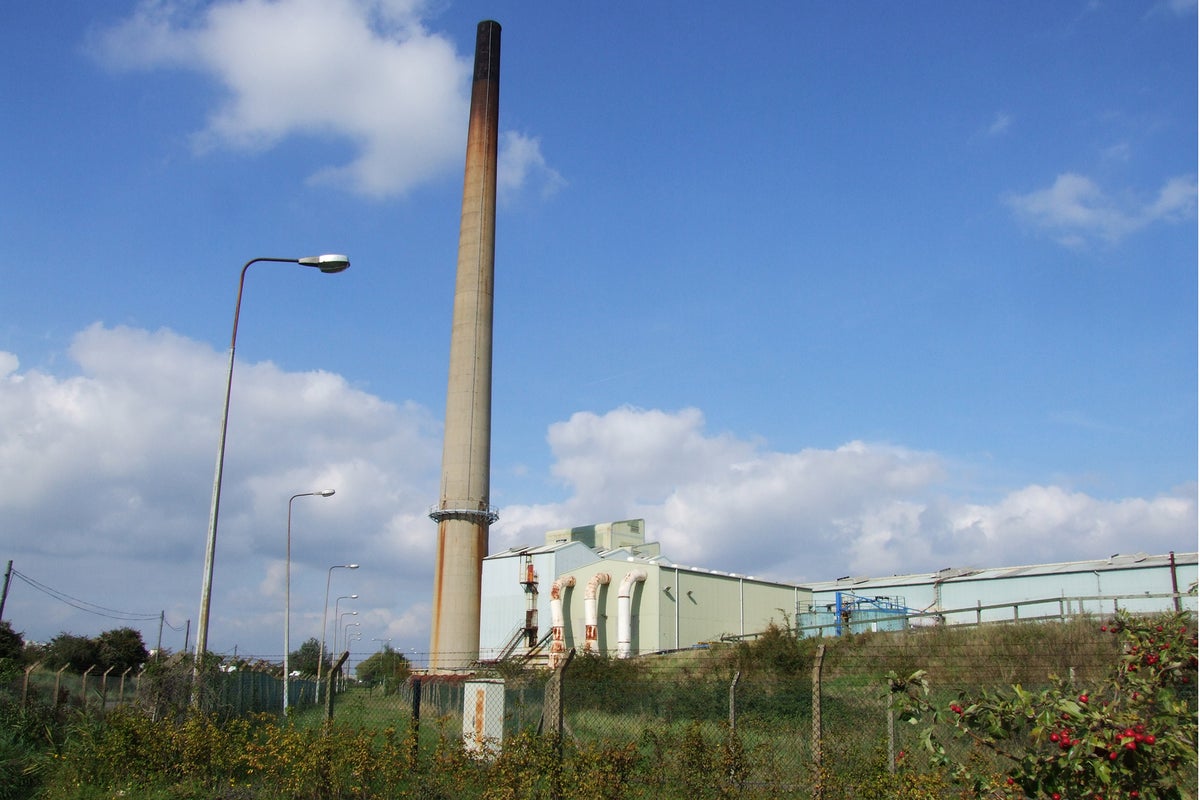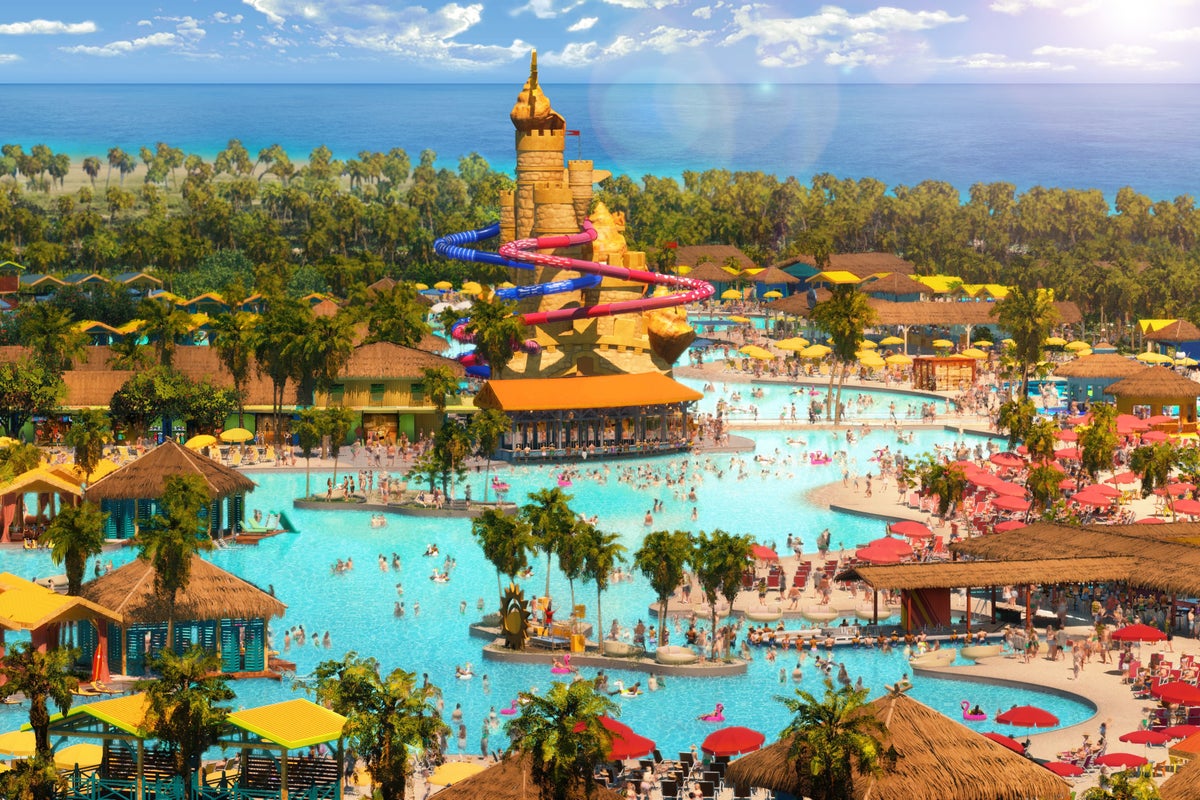A housing project in Kent that could provide 3,500 homes to support Angela Rayner’s housebuilding drive has been paused amid claims that dangerous lead pollution from a neighbouring refinery could put future residents at risk.
The project, which comes amid government plans to fast-track new developments and build 1.5m homes, would see thousands of homes built next to one of Europe’s leading lead refineries on brownfield land in Gravesham, Kent.
Planning permission was initially granted by Gravesham Borough Council following a planning application in October 2022, but the project is now under review amid fears its location would make it dangerous for residents, with Britannia Refined Metals (BRM), the owner of the refinery, itself saying the area is “a lead pollution hotspot”.
The developers have pointed to the government’s drive for new housing, saying that a “radical response is required, including by approving development that may be controversial”.

The scheme includes up to 3,500 homes, commercial space, a new hotel and a new stadium for Ebbsfleet United Football Club.
A planning inquiry opened in May and ran for four weeks before being adjourned. It is expected to resume next month. Once it delivers its findings, the Department for Housing, Communities and Local Government will take a decision on whether the project can proceed.
While the refinery has operated safely for decades under strict controls, BRM has warned that anyone living on the proposed residential site would have a high exposure to lead.
“It is a lead pollution hotspot – you could put residential development anywhere else in the South East of England and the concentration of lead would be lower than on the application site,” BRM said in its opening submissions to the inquiry.
“And people coming to live on the site would have a far higher exposure to lead here than where they have come from.”
They warned that there is “no safe level for exposure to lead”, adding: “The health and neurotoxic effects of lead have no identified threshold, and children are among the most vulnerable to its effects even at low levels.
“Exposure to lead is harmful and preventable by not bringing residents close to a lead pollution hotspot.”
The World Health Organisation says exposure to lead, which was attributed to more than 1.5 million deaths globally in 2021, can affect the development of the central nervous system in children, while in adults it can cause “increased risk of high blood pressure, cardiovascular problems and kidney damage”.
The development plan includes community orchards and allotments near the refinery, an idea BRM brands as irresponsible.
“Imagine the scene, kids foraging fruit within a few metres of people working on the BRM premises wearing full protective clothing including helmets with filtered air units. It’s hard to think of a more irresponsible idea”, the refinery said.

But the developers, Northfleet Harbourside, have dismissed BRM’s warnings as merely “a cluster of technical and operational points”.
“The BRM operation and the scheme would be able to co-exist without the latter imposing unreasonable requirements on the former”, they said in their submission to the inquiry.
The submission continues: “The secretary of state has made it as clear as anything in the world of planning the scale of the national housing crisis, of which this Gravesham situation forms a part, is so great that a radical response is required, including by approving development that may be controversial.
“Trying to deliver many more homes is the fundamental aim of the government’s national planning reforms but its application has to be local and involves keeping a beady eye on what matters most.
“Against that background, it is clear that 3,500 homes would be a tremendous stride forward in housing delivery for the borough, delivered on sustainably located, previously-developed land. The scheme would make an important contribution to pressing local and national needs.”
The government’s updated national planning policy framework (NPPF) commits to a “brownfield first” strategy, with disused sites that have already been developed in the past prioritised for new buildings.
The default answer when a developer seeks to build on brownfield sites will be “yes”, but the government says these sites will not be enough for the number of homes needed.
Meanwhile, the forthcoming Planning and Infrastructure Bill is intended to rip up red tape and make it faster for projects to be approved.
But there are concerns a drive to hit housing targets could force social housing onto unsuitable sites, without proper safeguards.
The Northfleet Harbourside project would include 350 affordable housing units, 10 per cent of the overall residential space.
Once the inquiry has closed the inspector will prepare a report and recommendation for Ministers in MHCLG to consider. Upon receipt of the report, it is understood ministers will then have 13 weeks to issue a decision.
Speaking in December, Sir Keir Starmer said the government is “determined to do what’s necessary” to build enough homes.
“For years, we have had not enough houses being built. That means that individuals and families don’t have the security that they want”, he said.
“Of course we want to get the balance right with nature and the environment, but if it comes to a human being wanting to have a house for them and their family, that has to be the top priority”.
MHCLG, BRM and Northfleet Harbourside have been contacted for comment.




